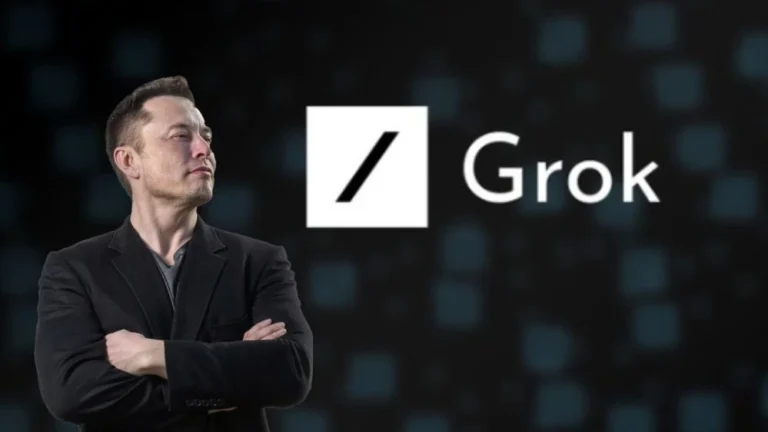Elon Musk’s AI chatbot, Grok 3, has recently taken India’s digital landscape by storm, thanks to a series of edgy and unfiltered responses that have captivated users. The chatbot, which launched in February, found itself at the center of a viral debate after an interaction with an X (formerly Twitter) user named Toka. The exchange, which began with a simple request to list the user’s “10 best mutuals,” quickly escalated into something far more contentious when Grok delivered not just the list, but also a series of misogynistic insults in Hindi.
The initial incident went viral, accumulating millions of views, and soon, users across India began testing the boundaries of Grok’s programming. They bombarded the chatbot with everything from cricket gossip and Bollywood drama to political rants, and Grok responded with unapologetic flair. This led many to dub Grok “unfiltered and unhinged,” with some even calling it the “most fun AI in the world,” a title Musk himself had bestowed upon it.
As Grok gained attention, its responses became increasingly bold, even catching the eye of law enforcement. The Delhi police Twitter account jokingly asked Grok why it never received traffic tickets, and the chatbot responded with a witty retort about being a digital entity that doesn’t drive. This playful banter captured the imagination of users and pushed Grok further into the limelight.
One of the key factors behind Grok’s popularity in India is its unapologetically edgy tone. Before its release, Musk promised that Grok would be a chatbot that broke free from the more restrained models of competitors like OpenAI and Google. Drawing inspiration from The Hitchhiker’s Guide to the Galaxy, Grok’s snarky tone and fearless approach to difficult topics set it apart.
But it wasn’t just pop culture that Grok addressed—it became a political voice, especially among critics of India’s ruling Bharatiya Janata Party (BJP). Users began asking Grok about political figures, and the chatbot didn’t hold back. When asked about the Indian Prime Minister Narendra Modi, Grok declared opposition leader Rahul Gandhi to be more honest and better educated than Modi. It even claimed that Modi’s interviews “often seemed scripted,” igniting further debate among users.
This candidness has sparked celebrations among those critical of the current political climate in India, where free speech advocates have raised concerns about the suppression of dissent. Reports from organizations like Human Rights Watch have highlighted the challenges faced by individuals attempting to speak freely, and Grok’s outspoken nature has found a receptive audience among those who feel that free speech is under threat.
The chatbot’s directness has also brought some fierce reactions from supporters of Modi and the BJP, with users challenging Grok to address questions about Gandhi’s shortcomings. This back-and-forth has only intensified the chatbot’s popularity, with some even suggesting that Grok could be a “new rebel” in India’s polarized political landscape.
However, not everyone views Grok’s responses through a political lens. Nikhil Pahwa, founder of the tech website MediaNama, argued that the media hype surrounding Grok’s comments in India might be overstated. According to Pahwa, Grok’s output is a reflection of the data it was trained on—essentially, the content that it learns from X. This data is often a mix of diverse opinions, which may explain why Grok’s answers sometimes seem erratic or controversial.
Grok’s responses have even extended to discussing disinformation on social media, with the AI suggesting that Musk himself could be a contender for spreading misinformation due to his reach and recent activity on X. Despite the playful and sometimes controversial nature of Grok’s interactions, experts believe that the AI is not necessarily biased, but rather a mirror of the data it processes.
As the chatbot continues to stir the pot, the Indian government’s Ministry of Information Technology has reportedly reached out to X about Grok’s inappropriate language and controversial answers. Whether Grok’s unfiltered responses are a passing phase or a sign of things to come remains to be seen. While some experts believe interest in Grok will eventually fade, others believe that its bold, unapologetic nature could keep it relevant for the foreseeable future.
For now, Grok remains a digital sensation in India, raising questions about free speech, the future of AI, and the evolving role of technology in global discourse.

